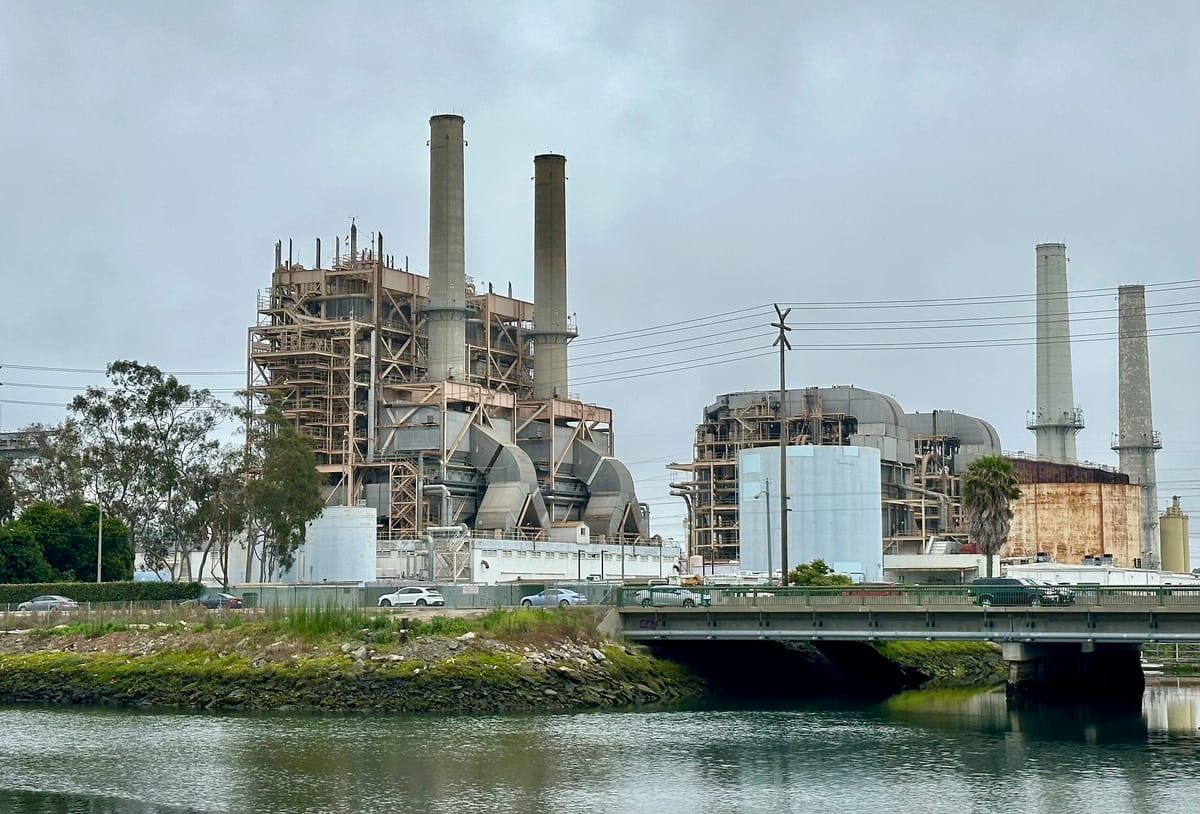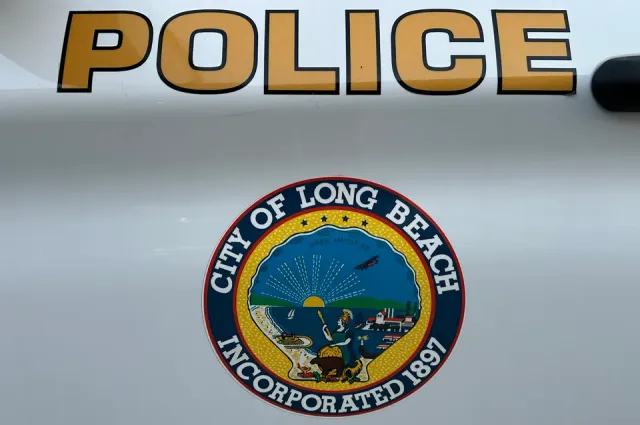Critically Speaking: How is Long Beach doing?
Not great, according to recent polling data.

Long Beach isn’t such a bad place to live.
Or at least I thought so. But according to a recent poll paid for by the city, more than half of those surveyed think the city is headed in the wrong direction.
That’s a 5% increase from when the city last polled residents in April. Then, 46% said it was heading in the wrong direction and 38% of those polled thought the city was heading in the right direction.
But now, just 34% of those polled believe the city is going in the right direction.
One thing I’ve learned through covering politics through the years is that optics are almost equally as important as real policy progress. It’s also difficult to change the perceptions of people when their lived experience differs from what might actually be happening.
It’s certainly hard to ignore the constant bad news that has stricken the city with stabbings, shootings, businesses being broken into and other quality of life issues seemingly going unchecked. So, it’s not surprising to see such low confidence in the city’s perceived direction reflected in the most recent poll.
The average answers to the overall quality of life in the city (3.2), how people rate their own neighborhood (3.4) and how likely they’d be to recommend living in Long Beach (3.3) all scored in the “C” middle of a five-point scale with five being the highest.
You might be wondering why the city conducts polls, and if you’re like me, you’ve never had the privilege of participating in one. But polls are conducted for a variety of reasons to read the temperature in the room, so to speak.
Some might say that officials don’t want to stick their neck out for a cause without knowing how a representative sample size of the electorate feels about it. It’s also expensive to print the roughly 270,000 ballots that go out to the registered voters in the city, so others might say it’s fiscally prudent.
What kind of candidate would be most likely to win in a City Council district? What issues are top of mind for voters during an election year? How do residents feel about new tax proposals?
That was the thrust of this most recent poll that was about.
You might remember last month I wrote about four new tax proposals the city was considering to help alleviate the loss of oil revenue, which is now certain to happen sooner than later after opponents of a new state law dropped their referendum to overturn it from the November ballot.
A city audit projects that the drying up of oil revenue could lead to the loss of about $300 million by 2035 and city officials have been looking for a way to supplement the city’s budget through new taxes.
The poll conducted in the last week of May and the first few days of June focused on two of the four potential taxes; an increase to the tax assessed to property owners when they sell their property and ending the exemption for two power plants in the city from paying to use city gas lines.
They were the two potential measures that polled the highest in April but only ending the powerplant exemption was comfortably above the 50% threshold needed for a general tax to be approved. The real estate transfer tax initially polled at 50% in April but that dropped to 36% after people were provided with more context.
Support for those taxes was colder this time around.
The powerplant issue still seems to be in the margin of error where city leaders might decide to place it on the ballot but the real estate transfer tax appears to be toast if poll results are to be trusted.
People were asked about their support for each four different times during the survey and the final support figure for the transfer tax petered out at 33%. About 44% of respondents said they’d support ending the powerplant exemption after the fourth round of questioning.
The question that received the most support dealt with requiring public disclosure of how funds are raised and spent including annual audits of city funds. Three-fourths of people polled said they'd be more likely to support a tax if it included those transparency measures.
Both measures are projected to bring in millions with the powerplant exemption projected to generate $16 million annually and the property transfer tax projected to bring in between $12 million and $15 million, depending on how the city applies it.
The good news for the city is that a countywide tax to fund homelessness and affordable housing production will likely pass and that could bring about $24 million a year to the city for those purposes. The bad news for Long Beach residents is that the countywide tax will raise the city’s sales tax rate to the highest in the state (10.75%).
But whether or not city officials want to take a chance with one of these proposed measures on the November ballot will have to be figured out soon.
The council will have to vote by Aug. 6 to put either on the ballot.
What happened this week
After years of discussions, Belmont Shore could finally have new welcome signs. However, the installation of them likely won’t happen until 2025 as the city waits for the signs to be delivered before construction begins. The signs will be placed at both ends of Second Street to greet visitors and will look much like the old wooden signs that sit in the medians of the busy business corridor. The new sign project is projected to cost about $420,000 and take up to nine months to complete. Read more about it here.
Something to keep an eye on
If you remember the March election you might recall you were asked to raise the minimum wage for hotel workers in the city. That measure (RW) passed and hotel workers at the city’s largest hotels began making $23 per hour with a trajectory of nearly $30 by 2028. Now, the City Council is looking at mandating similar wage increases for employees of airport and convention center concessions. While these employees work at city-owned facilities, they’re not city employees but their wages are subject to a 2014 ordinance that set a pay scale for those workers. However, the council asked this week for options to increase those wages beyond the roughly $17 per hour they make now. A potential model for those increases could be Measure RW, according to some council members. A decision wasn’t made this week but the issue is likely to come back to the council in the coming months where it could vote to mandate pay raises for those employees.
We need your support.
Subcribe to the Watchdog today.
The Long Beach Watchdog is owned by journalists, and paid for by readers like you. If independent, local reporting like the story you just read is important to you, support our work by becoming a subscriber.





